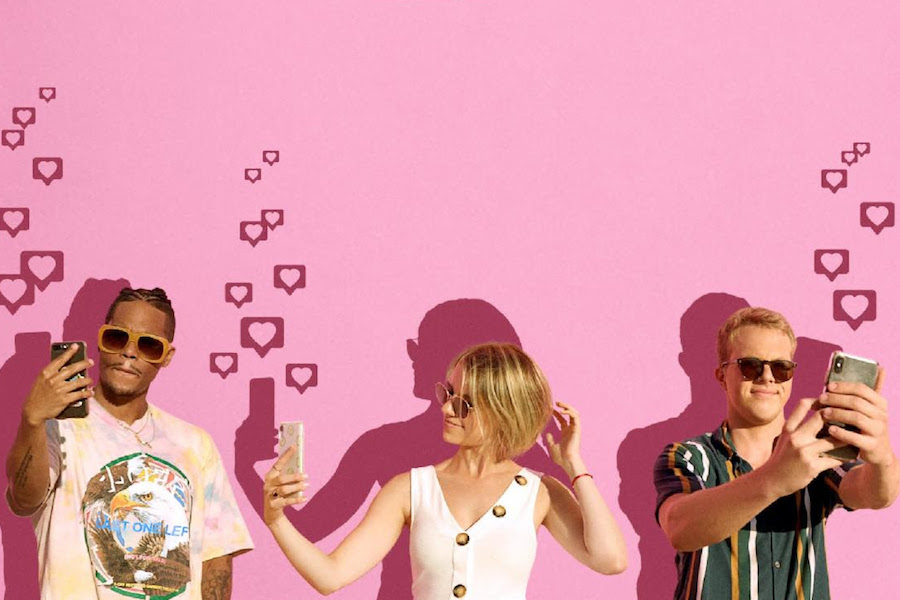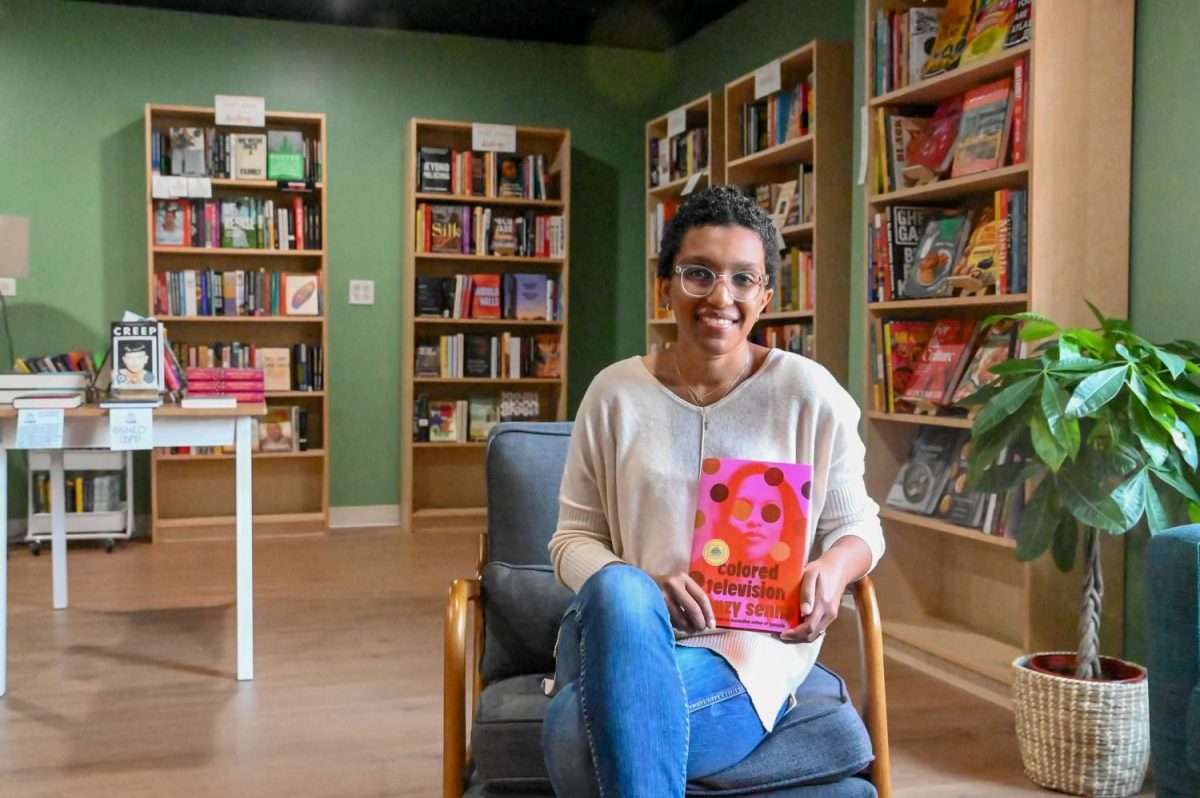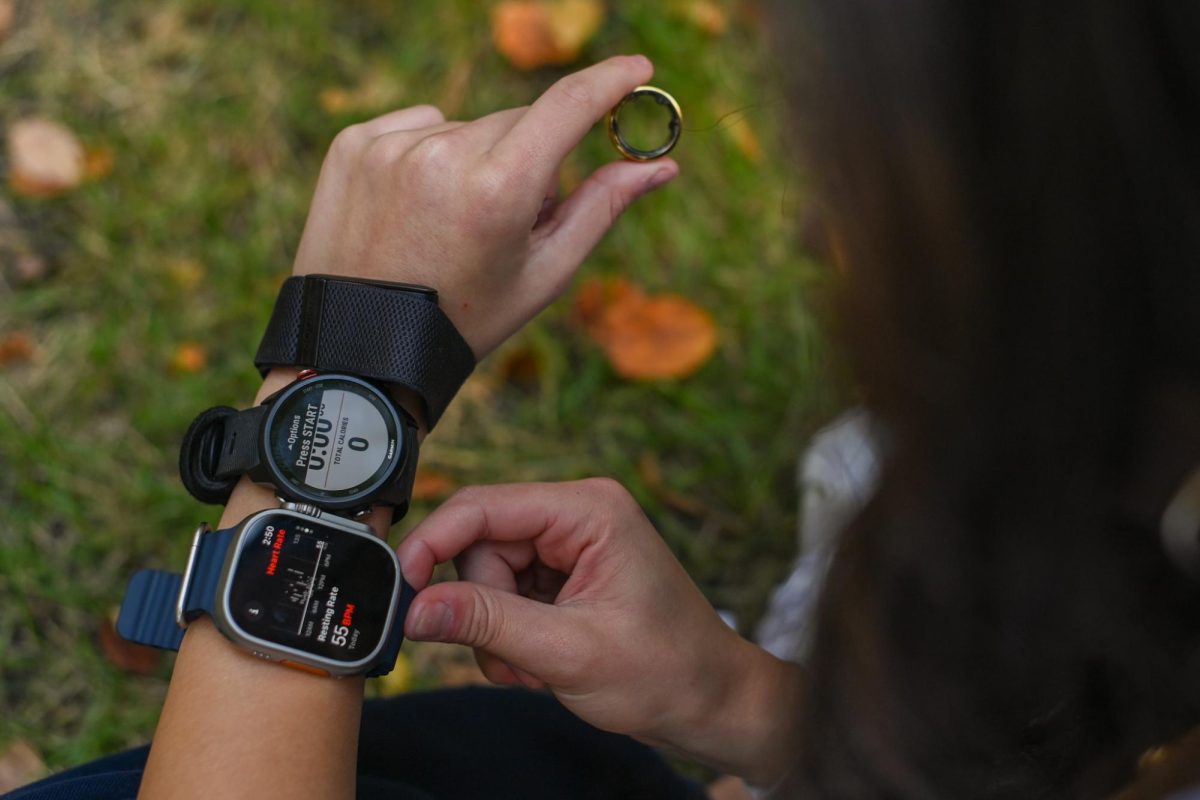New HBO documentary ‘Fake Famous’ tries to simulate fame for average people.
Mediaplaynews
We all have our favorite influencers, but what happens when normal people are given fake attention and fake fame?
March 12, 2021
Never-ending vacations funded by brand deals, invitations to exclusive events, free products in exchange for a shoutout, and millions of people watching your every move. While foreign to most, this is the life the rest of us see being led by today’s influencers.
More people than ever before are making careers out of social media — or at least trying to — and now a movie on HBO documents a social experiment conducted by journalist Nick Bilton to explore the lives of three “regular” individuals as they rise to online stardom.
While “Fake Famous” does provide a glimpse inside the world of influencers and raises interesting points with the help of Google statistics, the experiment at the core of “Fake Famous” lacks real direction and has a convoluted message.
A Los Angeles casting call asked “Do you want to be famous?” Three selected participants were given thousands of fake Instagram followers, or bots, and treated to photoshoots simulating a luxury lifestyle.
The central inquiry of “Fake Famous” seems to be less about finding how or what makes someone an influencer, and more about if they could manufacture this fame.
With the introduction of the fake followers, the answer is an obvious “yes,” leaving the audience with the rest of a documentary that has no real reason for being made.
The tone flips from a critique of the shallowness pervasive in Los Angeles influencer culture to embracing the very same thing under the guise of an experiment.
In one moment, it’s mocking its subjects for their pursuit of fame, portraying them as shallow. Yet in the next, when one of the aspiring influencers chooses to no longer participate, he is portrayed as not cut out for the influencer life and is filmed unsympathetically filling up at a gas station.
Of the three people initially chosen for the documentary, only one, aspiring actress Dominique Druckman, follows through and successfully attains some semblance of internet clout.
In doing so, Bilton proudly exposes what most people already know to be the phony underbelly of influencer culture. Ms. Druckman tries her hand at posting about fake vacations, fake private jets and mansions people can rent by the hour for photoshoots.
Eventually, Dominique starts receiving free products from clothing and lifestyle brands in return for promotion on her Instagram. She is even invited on an influencer retreat, before the coronavirus pandemic put the project to an abrupt end.
“Fake Famous” can offer curious minds an explanation of the social media market, but it’s confused message and poorly executed central experiment leaves it feeling as superficial as the world of influencers it portrays.












